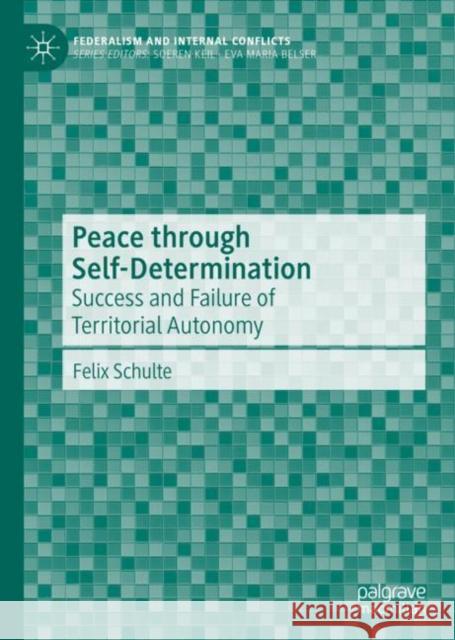Peace Through Self-Determination: Success and Failure of Territorial Autonomy » książka
topmenu
Peace Through Self-Determination: Success and Failure of Territorial Autonomy
ISBN-13: 9783030375867 / Angielski / Twarda / 2020 / 171 str.
Peace Through Self-Determination: Success and Failure of Territorial Autonomy
ISBN-13: 9783030375867 / Angielski / Twarda / 2020 / 171 str.
cena 281,76
(netto: 268,34 VAT: 5%)
Najniższa cena z 30 dni: 269,85
(netto: 268,34 VAT: 5%)
Najniższa cena z 30 dni: 269,85
Termin realizacji zamówienia:
ok. 16-18 dni roboczych.
ok. 16-18 dni roboczych.
Darmowa dostawa!
Kategorie BISAC:
Wydawca:
Palgrave MacMillan
Seria wydawnicza:
Język:
Angielski
ISBN-13:
9783030375867
Rok wydania:
2020
Dostępne języki:
Numer serii:
000829818
Ilość stron:
171
Waga:
0.37 kg
Wymiary:
21.01 x 14.81 x 1.27
Oprawa:
Twarda











